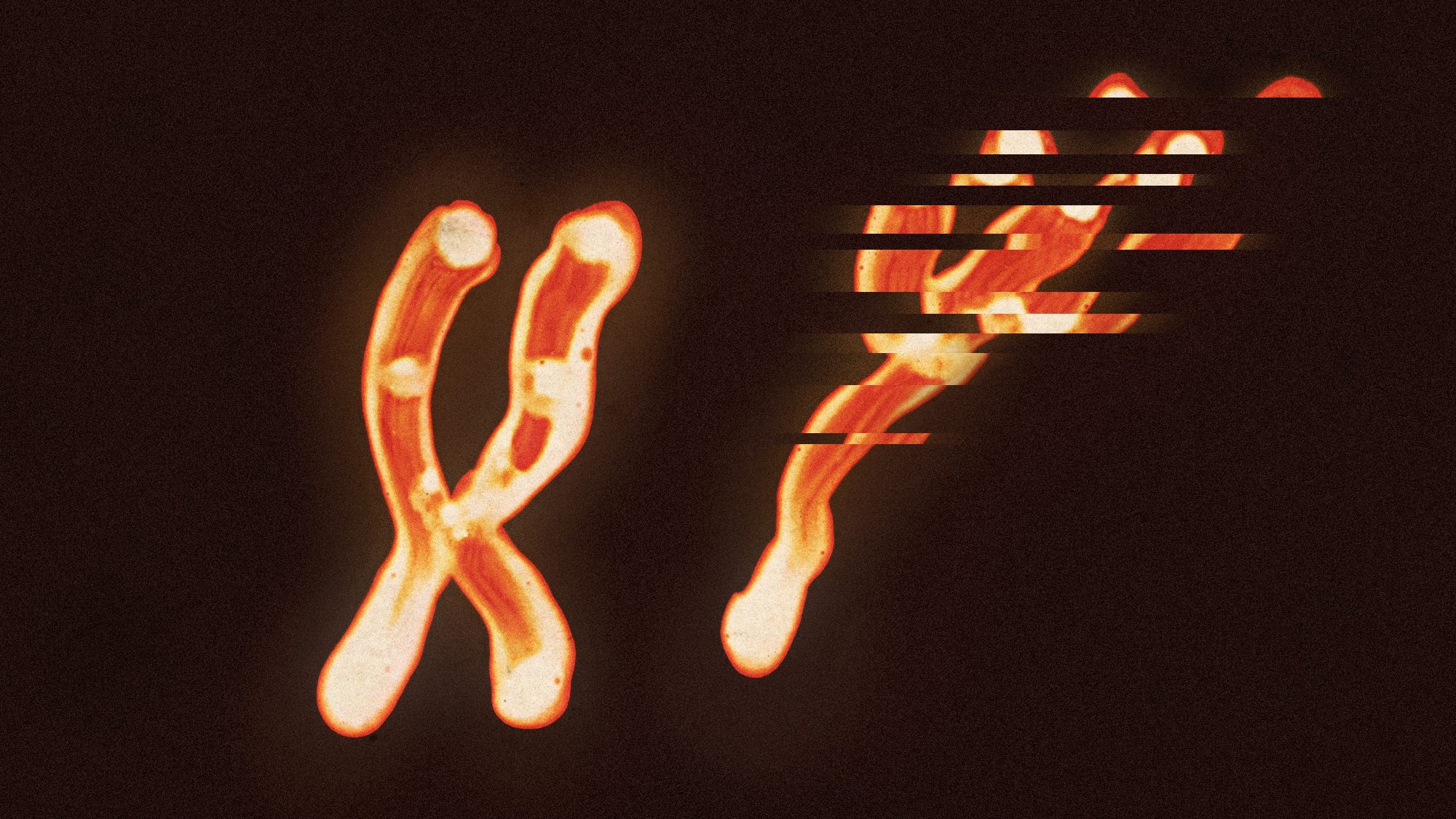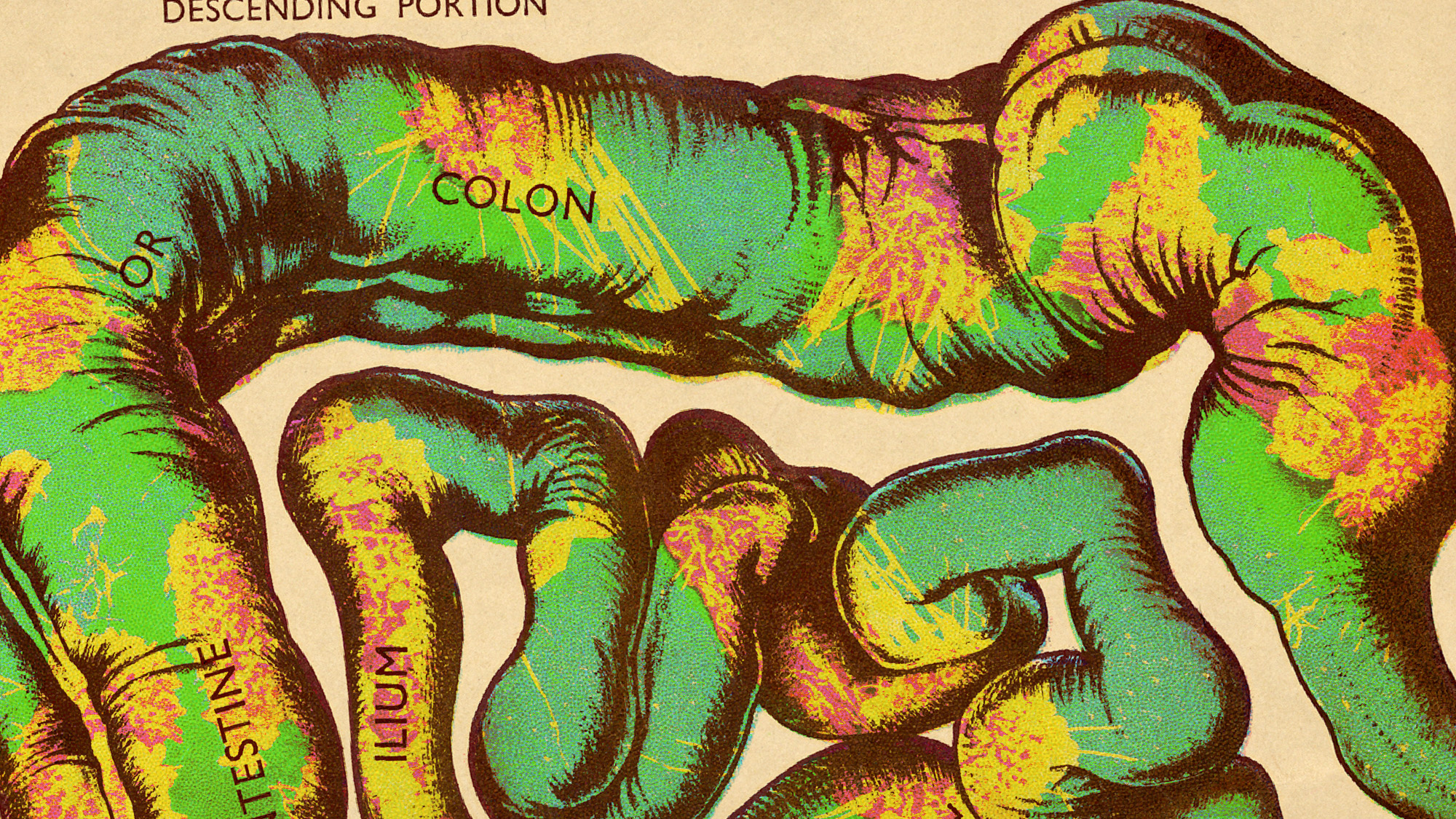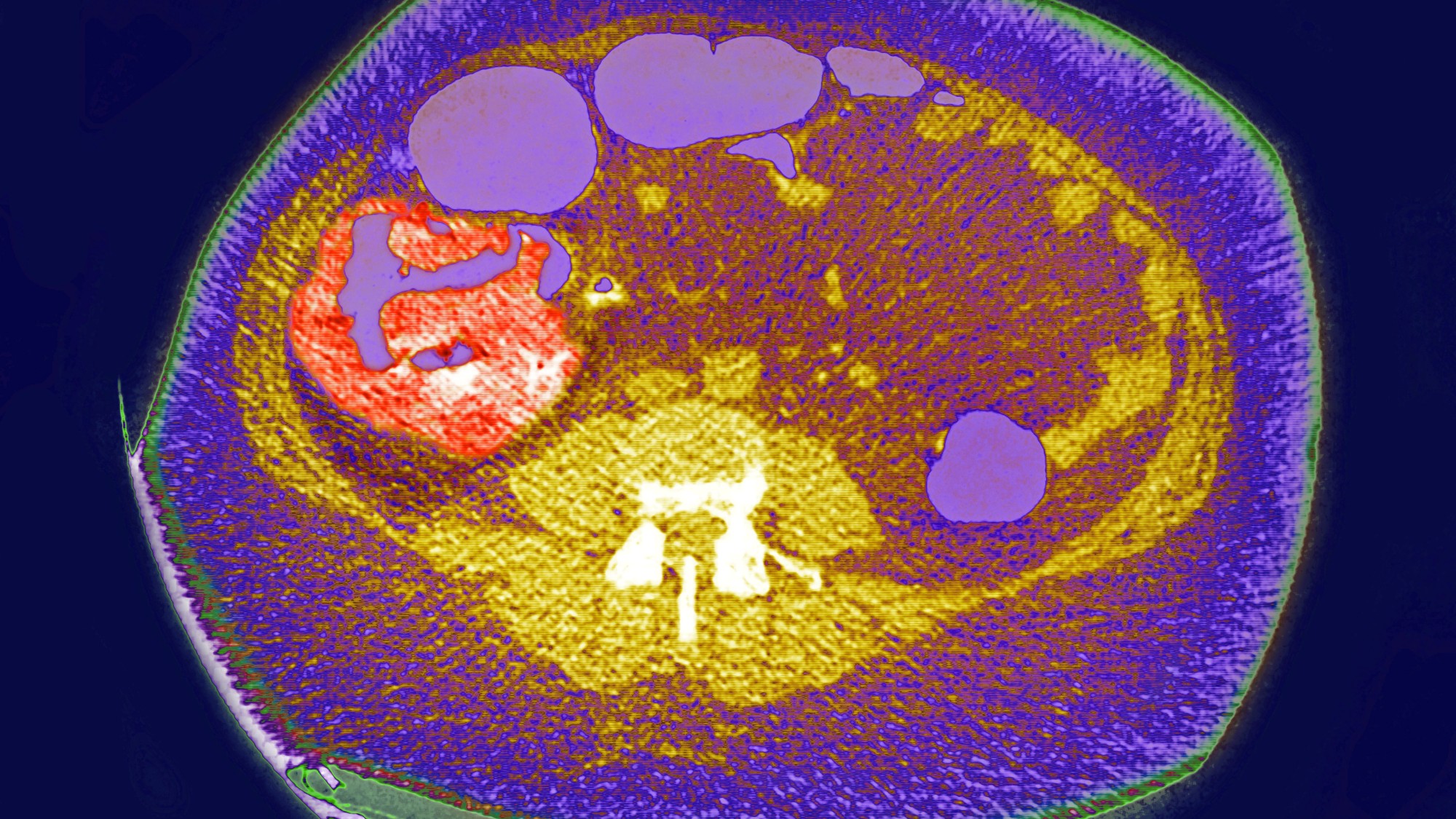Marijuana kills cancer cells, says US government
In clinical trials with rodents, cannabis has been found to kill cancer cells while protecting normal cells

A free daily email with the biggest news stories of the day – and the best features from TheWeek.com
You are now subscribed
Your newsletter sign-up was successful
Cannabis has been found to kill cancer cells in mice and rats, according to researchers from the US National Cancer Institute.
The institute, part of the US Department of Health, posted on its website that "laboratory and animal studies have shown that cannabinoids [the active ingredient in cannabis] may be able to kill cancer cells while protecting normal cells".
It added: "They may inhibit tumour growth by causing cell death, blocking cell growth, and blocking the development of blood vessels needed by tumours to grow."
The Week
Escape your echo chamber. Get the facts behind the news, plus analysis from multiple perspectives.

Sign up for The Week's Free Newsletters
From our morning news briefing to a weekly Good News Newsletter, get the best of The Week delivered directly to your inbox.
From our morning news briefing to a weekly Good News Newsletter, get the best of The Week delivered directly to your inbox.
Studies carried out on rodents found that cannabinoids could help make chemotherapy more effective and reduce the risk of breast, colon and liver cancer, the Daily Telegraph reports.
But researchers said that it is too early to tell whether the drug will have the same effect on humans.
"At this time, there is not enough evidence to recommend that patients inhale or ingest cannabis as a treatment for
cancer-related symptoms or side-effects of cancer therapy."
A free daily email with the biggest news stories of the day – and the best features from TheWeek.com
A spokesman for the Cancer Research UK charity said: "There isn't enough reliable evidence to prove that cannabinoids, whether natural or synthetic, can effectively treat cancer in patients, although research is ongoing around the world."
-
 Local elections 2026: where are they and who is expected to win?
Local elections 2026: where are they and who is expected to win?The Explainer Labour is braced for heavy losses and U-turn on postponing some council elections hasn’t helped the party’s prospects
-
 6 of the world’s most accessible destinations
6 of the world’s most accessible destinationsThe Week Recommends Experience all of Berlin, Singapore and Sydney
-
 How the FCC’s ‘equal time’ rule works
How the FCC’s ‘equal time’ rule worksIn the Spotlight The law is at the heart of the Colbert-CBS conflict
-
 The truth about vitamin supplements
The truth about vitamin supplementsThe Explainer UK industry worth £559 million but scientific evidence of health benefits is ‘complicated’
-
 Covid-19 mRNA vaccines could help fight cancer
Covid-19 mRNA vaccines could help fight cancerUnder the radar They boost the immune system
-
 Deadly fungus tied to a pharaoh's tomb may help fight cancer
Deadly fungus tied to a pharaoh's tomb may help fight cancerUnder the radar A once fearsome curse could be a blessing
-
 'Poo pills' and the war on superbugs
'Poo pills' and the war on superbugsThe Explainer Antimicrobial resistance is causing millions of deaths. Could a faeces-filled pill change all that?
-
 The Y chromosome degrades over time. And men's health is paying for it
The Y chromosome degrades over time. And men's health is paying for itUnder the radar The chromosome loss is linked to cancer and Alzheimer's
-
 A bacterial toxin could be contributing to the colorectal cancer rise in young people
A bacterial toxin could be contributing to the colorectal cancer rise in young peopleUnder the radar Most exposure occurs in childhood
-
 Why are more young people getting bowel cancer?
Why are more young people getting bowel cancer?The Explainer Alarming rise in bowel-cancer diagnoses in under-50s is puzzling scientists
-
 Five medical breakthroughs of 2024
Five medical breakthroughs of 2024The Explainer The year's new discoveries for health conditions that affect millions